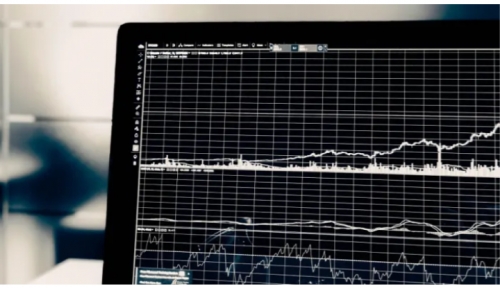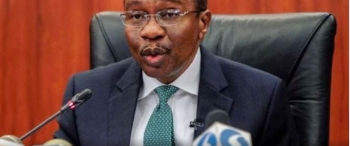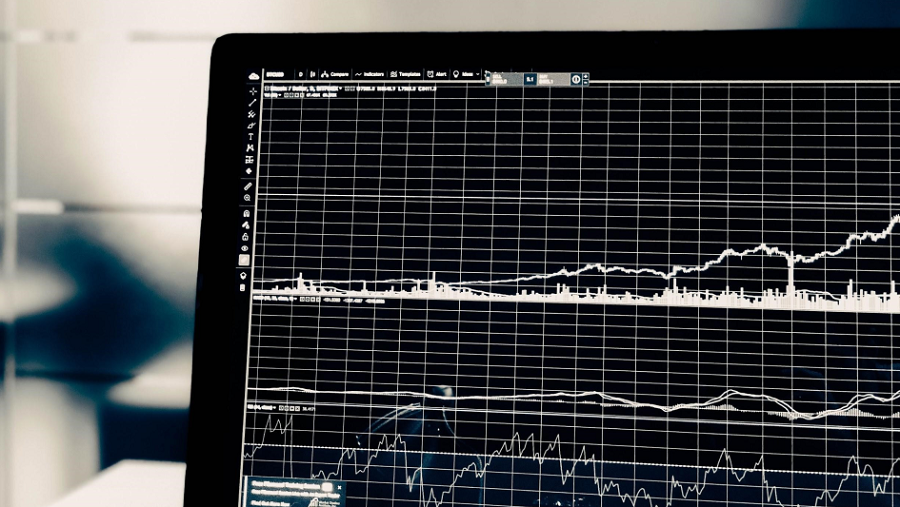News And PoliticsCommunications And EntertainmentSports And FitnessArts And EducationRelationship And MarriageIT And Computer ScienceBusiness And MoneyHealth And LifestyleLawReligion And PrinciplesStories And PoemsScience And TechnologyOthersSocial SciencesEngineeringHobbies And HandiworksPersonal Care And BeautyQuestions And AnswersInformation Technology
profile/9083IMG_20200816_194234.jpg
Chidexstar

Is Forex Trading Legal In Nigeria?
~16.4 mins read
profile/9083IMG_20200816_194234.jpg
Chidexstar

MAKE SENSE? Nigerian Banks Set To Start Charging Customers For Failed Direct Debit Transaction
~1.5 mins read
Nigerian banks are set to start charging customers for failed transactions on direct debits.â£
A direct debit is an authorisation granted by the customer for a bank to draw payments from their account on regular due dates.â£
The Central Bank of Nigeria (CBN) instructed banks in December 2019 to start punishing customers for failed direct debit transactions caused by the customer’s failure to fund their account.â£
According to the guide, effective as of January 1, 2020, the customer will be charged 1% of the transaction amount, or N5,000, whichever is higher.â£
The amount will be deducted from the account the next time it is funded by the customer.â£
Stanbic IBTC emailed its customers on Thursday, November 19 that it was ready to start complying with the directive.â£
“We therefore, wish to advise that you ensure your account is adequately funded at all times to facilitate successful transaction, especially, if you activate any form of direct debit instruction on your account,†Stanbic said on Thursday.â£
The CBN said the December 2019 guide was in response to further evolution in the financial industry over the last few years.â£
The guide includes, among other things, a sanction regime to directly address instances of excess, unapproved, and/or arbitrary charges.
Wait, Why This?
Sincerely, speaking who do we offend in this country?
They are practically saying if you have 3,000 in your account and you mistakenly typed 30,000 instead of 3k when you want to send it to someone.
The banks are going to charge you for that mistake when next you make bank deposit.
This is another greedy way of ripping Nigerians off because, bank systems detect error transaction instruction automatically, what is now the essence of this if not wickedness.
Na to dey dig ground put money now oo or what do you guys think?
Do You Think This Make Any Sense?
Drop your comments
Advertisement

Link socials
Matches
Loading...




